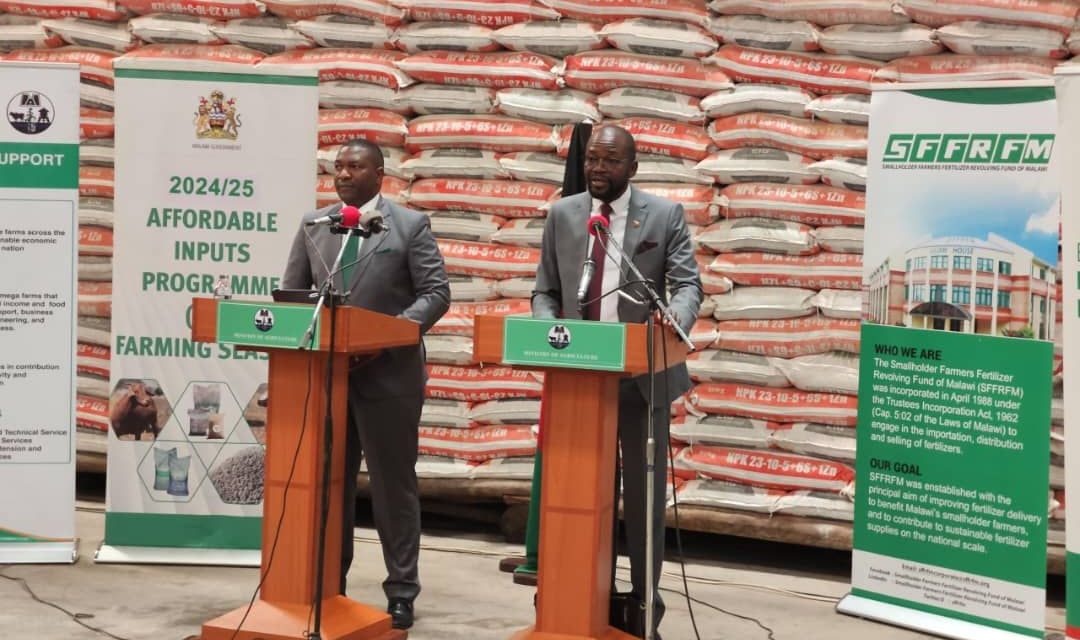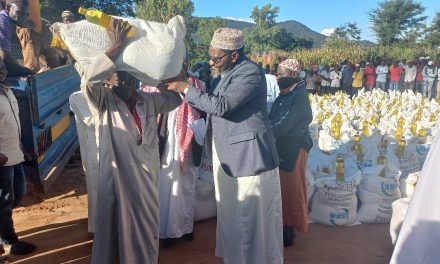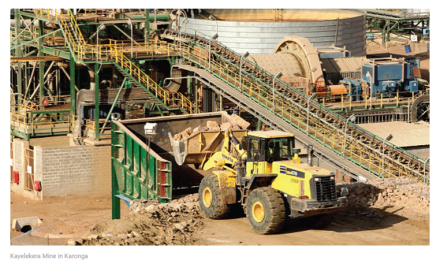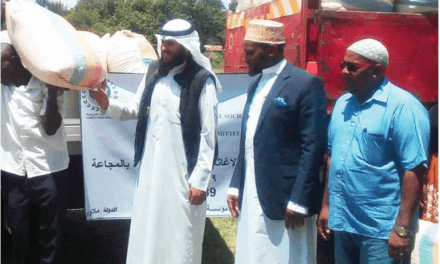
AIP Beneficiary Cuts Deepen Farmer Woes

By Lovemore Katanda
Government announced a reduction in the number of farmers benefiting from this year’s Affordable Inputs Program (AIP), trimming the figure from 1.5 million beneficiaries, last year, to just 1.1 million. This decision, made in a time of increasing food insecurity, was echoed by President Lazarus Chakwera during the program’s launch at Dzundu Primary School Ground in Traditional Authority Symon, Neno District.
During his speech, President Chakwera explained that the farmers selected for this year’s AIP would still be able to purchase essential agricultural inputs, such as fertilizer, seeds, and livestock, at subsidized prices. However, he acknowledged that many who were left out of the program would need to seek support through other government initiatives like the Social Cash Transfer Program and the National Economic Empowerment Fund (NEEF) loans.
Chakwera admitted that hunger has become a major issue in Malawi, with countless households struggling due to the effects of climate change and natural disasters. He noted that floods and cyclones have negatively affected agricultural production in flood-prone districts, deepening the country’s food insecurity.
“Everyone knows there is hunger in this country. Wherever I travel, people are complaining about hunger,” the President remarked, acknowledging the widespread suffering across Malawi.
The President also mentioned that, as of now, the country has about 108,035 metric tonnes of fertilizer in stock, with more expected to arrive. Nevertheless, these stock levels might provide little comfort to those excluded from the AIP this year, particularly given the high cost of inputs on the local market.
Impact on Vulnerable Farmers
The government’s decision to reduce the number of AIP beneficiaries has sent shockwaves through Malawi’s rural farming communities, where many are already struggling to make ends meet. For poor households, access to affordable inputs is often the difference between food security and hunger. Farmers like Major Eliat from Chikhombe Village, in Traditional Authority Kalumbu, Lilongwe, expressed deep concern about the situation.
“I’ve just heard that only 900 farmers in the entire Senior Chief Kalumbu area are eligible to purchase AIP inputs this year. This is worrisome,” Eliat said. He fears that without the subsidized fertilizers and seeds, many farmers will be unable to afford the market prices, leading to poor harvests next year and worsening hunger in rural areas.
This year, the cost-sharing system will require farmers to pay K15,000 for a 50-kilogram bag of fertilizer, K3,500 for seed packs, and K15,000 to purchase a goat. For many, even these contributions are unaffordable without the subsidy.
Challenges in Implementation
Minister of Agriculture and Food Security, Sam Kawale, acknowledged that the AIP has faced several challenges this year, including administrative delays due to the misspelling of beneficiary names, which has slowed down the distribution process in some districts.
“The major problem we’ve encountered is the misspelling of beneficiary names, which has caused delays in some areas,” Kawale explained, adding that the government is working to address these issues.
The decision to reduce beneficiaries comes at a time when engagement in agriculture, particularly among the youth, is on the decline. A recent study conducted by the Agriculture Research Think Tank, MWAPATA, in collaboration with the National Youth Council of Malawi, showed a decline in youth participation in agriculture from 83 percent in 2010 to 76 percent in 2020. Additionally, access to credit and subsidy programs like AIP has dwindled, with only 28 percent of young farmers benefiting from the program in 2020, down from 54 percent in 2010.
A Call for Support
As the nation faces an increasingly uncertain agricultural future, vulnerable farmers are calling on the government to rethink its approach. Without proper support, many fear that the reduced access to affordable inputs will exacerbate food shortages and further entrench poverty in Malawi’s rural areas, where most of the population depends on farming for survival.
While the government’s alternative programs may offer some assistance, for many poor households, these are seen as inadequate substitutes for the essential agricultural inputs they have relied on for years.
For now, with districts yet to fully roll out the AIP purchases, many Malawians wait anxiously, uncertain of how they will manage the upcoming farming season without the support they desperately need.
































